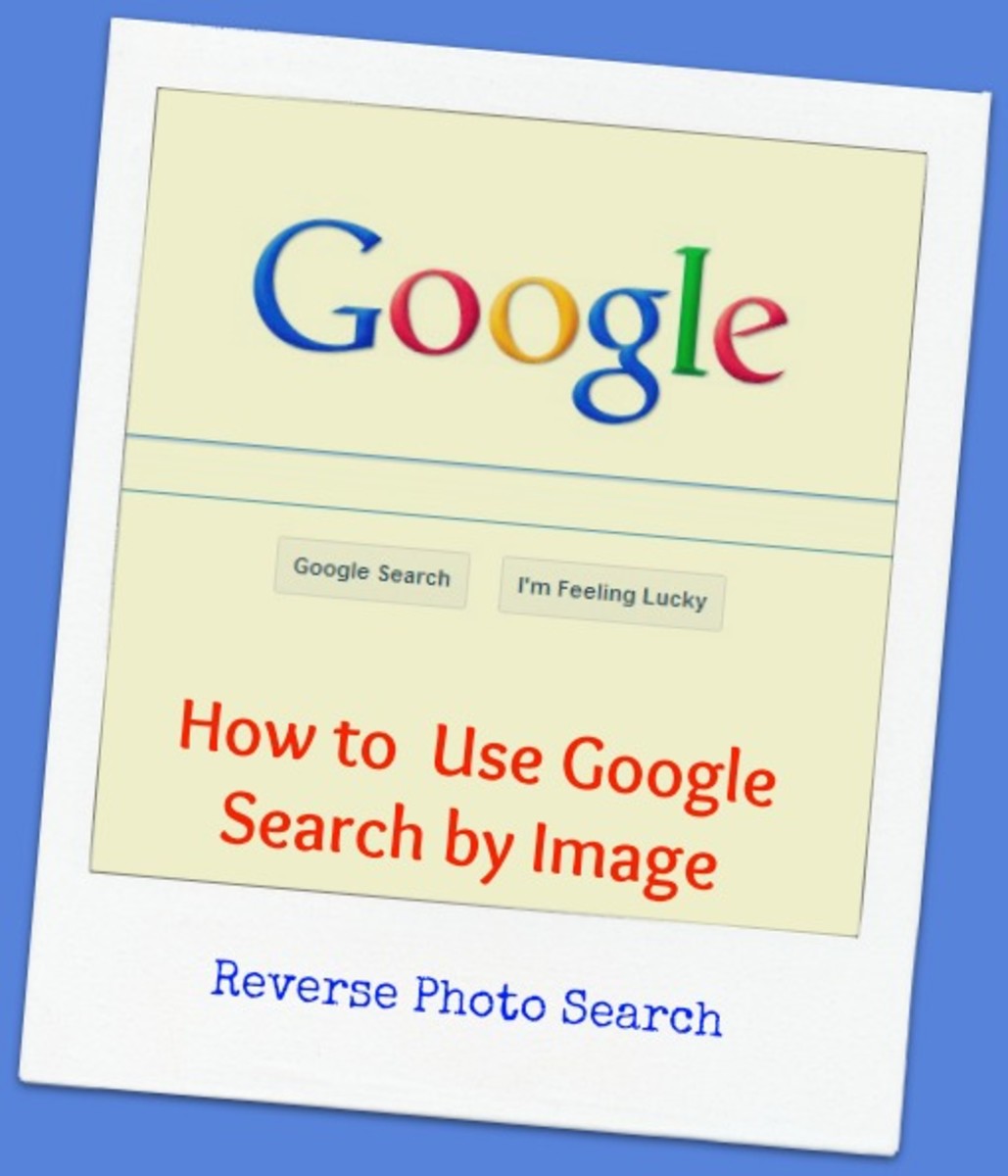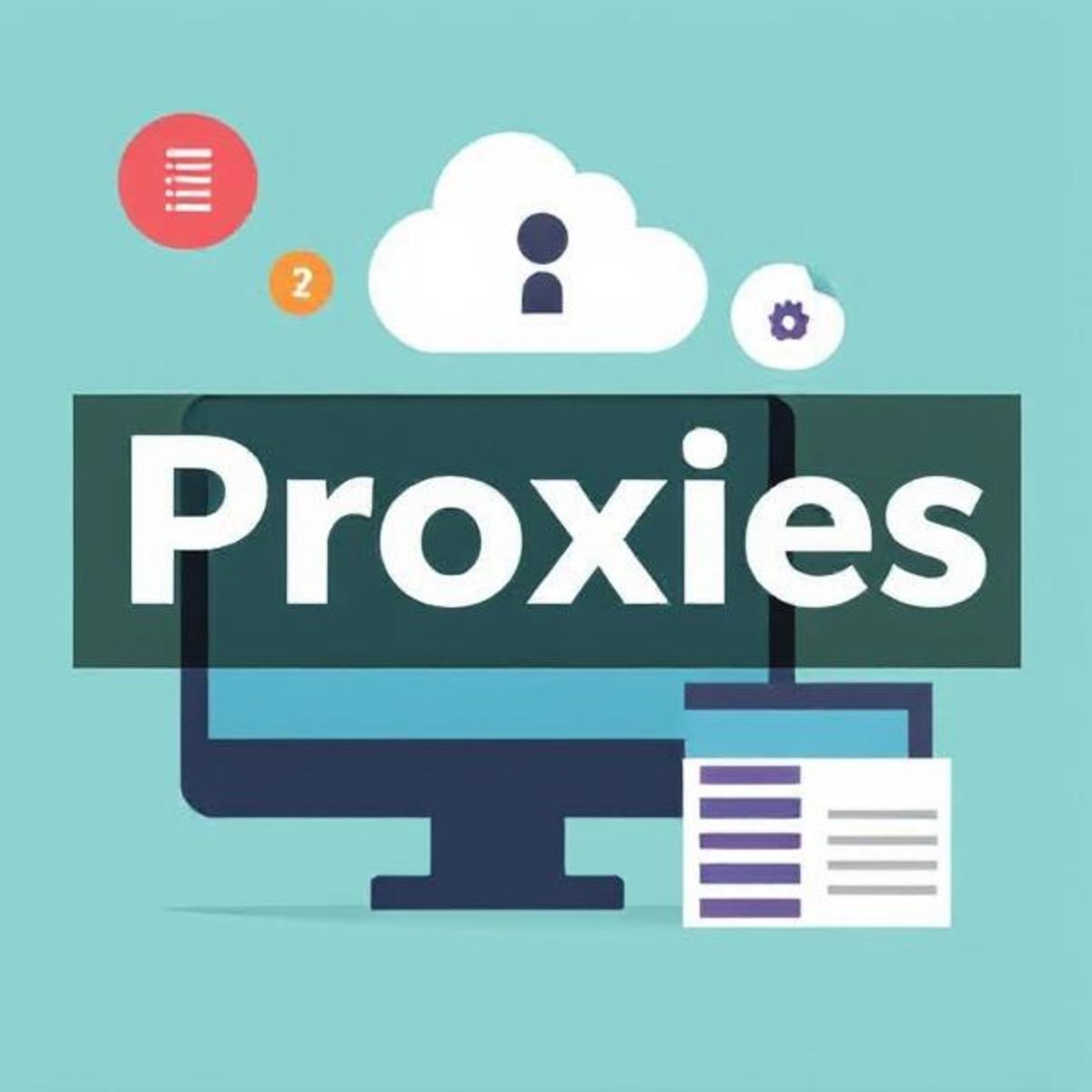My Take on Panda
Search engine algorithms have evolved their own kind of meritocracy in order to promote trusted authoritative content and user experience. They take into account many signals, not only from the words on the page but also from site structure, user interactivity, bounce rate, inbound link profile and much more.
This evolution wasn’t just about delivering the best search results to users it was also about building brand trust. When Google hit the scene, search was still in its infancy and their ultra clean interface coupled with results that were significantly better than their competitors quickly promoted them to the search engine of choice. We all immediately fell in love with Google, and one of today’s best known brands was born.
In Days of Lore
Those who were involved in SEO back in those early days will recognize terms like Krishna Bharat’s ‘Hilltop’ and Larry Page’s ‘PageRank’. This is why Google was different, right out the block they reached beyond the relatively crude and simplistic signals used by other search engines of the day by utilizing applied mathematics and science. The result was a search engine vastly superior to anything at that time and Google quickly stole the market.
We Love Google
The love affair with Google was maintained because there was no real alternative, but that’s no longer the case. There are two reasons this has come about. Firstly, for some time Google have been receiving criticism about search quality, primarily regarding the amount of spam and low quality content they currently churn up. Secondly the competition is fighting back - in the last six consecutive months Google has lost ground to Yahoo/Bing.
Spam, Spam, Spam, Spam
Where did the spam come from? In an interview with Amit Singhal and Matt Cutts published in Wired, Amit Singhal had this to say:
“So we did Caffeine [a major update that improved Google’s indexing process] in late 2009. Our index grew so quickly, and we were just crawling at a much faster speed. When that happened, we basically got a lot of good fresh content, and some not so good. The problem had shifted from random gibberish, which the spam team had nicely taken care of, into somewhat more like written prose. But the content was shallow.”
Source: wired.com
Note: The article referring JC Penny mentioned in the interview can be found here
The Pandas Paw Print
Google’s follow-up to Caffeine and the criticism that ensued started to roll out in the US in February of 2011 and the rest of the world shortly after; I am of course referring to the Panda update. The aim was to reduce the rankings of low quality sites that served up duplicate or ‘shallow’ content and provided little intrinsic value to users. Specifically targeted were content farms who often hosted spun or scraped content that displayed poor language skills. Another problem is that they were often used as a means to link to and promote third party sites in bad neighbourhoods.
Was Google right in doing this? It probably was. Sites like HubPages, which is a content farm, were hit hard because Panda penalises the domain rather than just the pages that were deemed poor quality. It doesn’t really matter how good some of the content is on HubPages, and there is some great stuff, Google is working to the lowest common denominator. HubPages is not alone; other content farms have been hit just as hard.
Shallow Content, Ecommerce and Affiliates
Many sites that enjoyed top rankings pre Panda have been affected and it’s not limited to content farms. Ecommerce and Affiliate sites have been affected by the new rules surrounding shallow content too. These types of sites tend to pull much of their content and product descriptions from suppliers, manufacturers and affiliate networks. This has been the standard practice for a long time but now it’s a practice to be avoided. If you have an ecommerce site that has been hit by Panda think about where you content is coming from and whether it’s unique. Without doubt the Panda algorithm will be adjusted and tweaked, however, Google's stance on shallow content is here to stay - doing nothing is not an option.
Google's Search Tweak Puts A Company At Risk
Scraping Through
There is one great big problem with all of this. Although results have changed, overall search quality has not improved. There have been gains and losses and a general shuffling around, but search quality is no better than it was pre Panda, if anything its worse. One problem that is widely reported is that scraper sites are now outranking original sources.
Over at SEOmoz Bryan Crow comments on this issue:
A weird thing has happened as a result of panda. Something you might have expected Google's Search Quality testers to catch before rolling the update out. Due to the domain-wide nature of the signal, high-quality, original content produced by the websites who were negatively impacted are now being ranked below the exact same content, republished by partners to whom they syndicate. Even more egregious, they are also being outranked by scrapers who effectively steal and republish the same content without permission or credit.
Source: SEOmoz, read the full article here.
More on the same from blogote.com
The Future of Google
I was once a vocal advocate of Google search results, yet recently I find myself looking for ways to become Google independent. If Panda was intended to deflect criticism about their results it has certainly failed with me. I now find myself thinking the unthinkable – that is championing a Microsoft service. I now use Bing more often than Google and find the results far superior.
I am not alone, pandamonium is spreading to such an extent that I question the future of Google as the powerhouse it currently is. As more people switch away from Google, the income from paying advertisers will drop, shareholders will bail and their market share will shrink. No matter how many times Matt Cutts assures me Panda is the best thing since sliced bread I still prefer sliced bread and Bing are currently slicing and dicing very nicely thank you.








